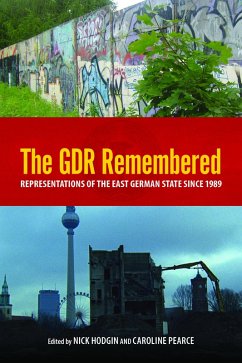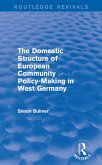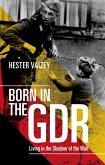English translation, analysis, and contextualization of Walser's notorious but little-examined Peace-Prize speech and related writings.
The German novelist Martin Walser's 1998 speech upon accepting the Peace Prize of the German Book Trade remains a milestone in recent German efforts to come to terms with the Nazi past. The day after the speech, Ignatz Bubis, leader of Germany's Jewish community, attacked Walser for inciting dangerous right-wing sentiment with controversial passages including the notorious statement "Auschwitz is not suited to be a moral bludgeon," thus igniting the protracted public battle of opinions known as the "Walser-Bubis Debate." The speech continues to loom large in Germany's struggle to acknowledge responsibility for Nazi crimes yet escape a suffocating burden of remembrance. But in spiteof its notoriety, little attention has been paid to what the speech actually says, as opposed to the public outcry and debate that followed it. This book presents the text of the speech, along with several of Walser's other essays and speeches about the Holocaust and its impact on German identity, in English translation. It examines them as texts, a process that involves a discussion of literary complexities and an attempt to distinguish valid criticism of German intellectual life from what is justifiably problematic. And it places this textual examination in the context of Walser's and other postwar German intellectuals' attempts to deal with the Nazi past, of German-Jewish relations in the postwar era, and of the once hidden and now -- due in part to Walser's speech -- increasingly open discourse about Germans as victims during and immediately after the Nazi era.
Thomas A. Kovach is Professorof German Studies at the University of Arizona.
The German novelist Martin Walser's 1998 speech upon accepting the Peace Prize of the German Book Trade remains a milestone in recent German efforts to come to terms with the Nazi past. The day after the speech, Ignatz Bubis, leader of Germany's Jewish community, attacked Walser for inciting dangerous right-wing sentiment with controversial passages including the notorious statement "Auschwitz is not suited to be a moral bludgeon," thus igniting the protracted public battle of opinions known as the "Walser-Bubis Debate." The speech continues to loom large in Germany's struggle to acknowledge responsibility for Nazi crimes yet escape a suffocating burden of remembrance. But in spiteof its notoriety, little attention has been paid to what the speech actually says, as opposed to the public outcry and debate that followed it. This book presents the text of the speech, along with several of Walser's other essays and speeches about the Holocaust and its impact on German identity, in English translation. It examines them as texts, a process that involves a discussion of literary complexities and an attempt to distinguish valid criticism of German intellectual life from what is justifiably problematic. And it places this textual examination in the context of Walser's and other postwar German intellectuals' attempts to deal with the Nazi past, of German-Jewish relations in the postwar era, and of the once hidden and now -- due in part to Walser's speech -- increasingly open discourse about Germans as victims during and immediately after the Nazi era.
Thomas A. Kovach is Professorof German Studies at the University of Arizona.
Dieser Download kann aus rechtlichen Gründen nur mit Rechnungsadresse in A, D ausgeliefert werden.









